Athena’s gift… olives
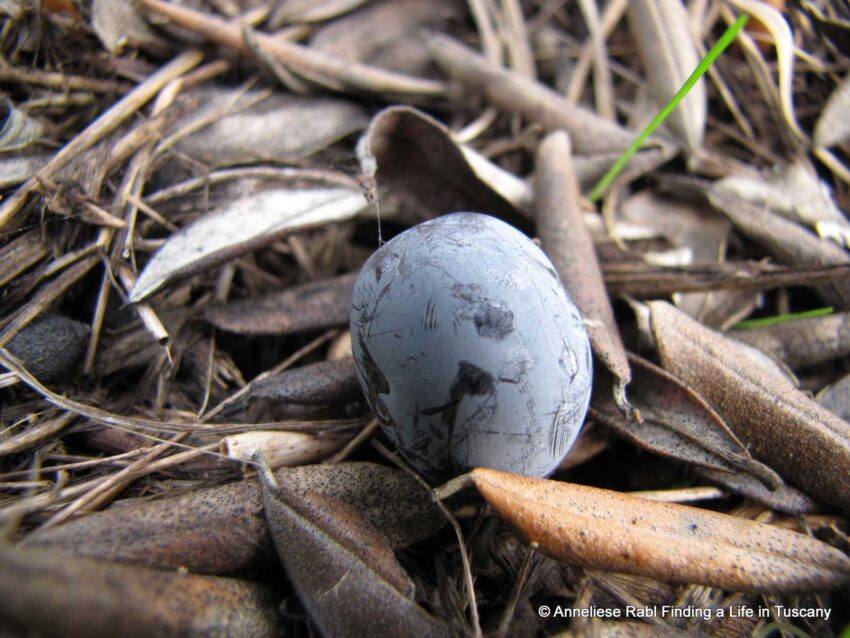
In the end humanity did not have a bad start. Following the Greek mythology, in fact, three benevolent deities made highly valuable gifts. Demetra offered grain, Dioniso or Bacco grapevine and Athena olives. Throughout many centuries the Mediterranean populations known for being ingenious, smart and with deep love for life and good food did not loose time. They transformed the olives into oil, the grapes from the vines into wine and the grain into bread and later pasta. With a clove of garlic and a hot chilli they created a lavish dish which, accompanied by a nice glass of wine, travelled around the world. Little by little even the most convinced consumers of sausages and steaks changed their eating habits towards a healthier nutrition by reducing the quantities of meat and including olive oil in their daily diet. This article is dedicated to the most reluctant ones, who really don’t want to learn from the “converted”.
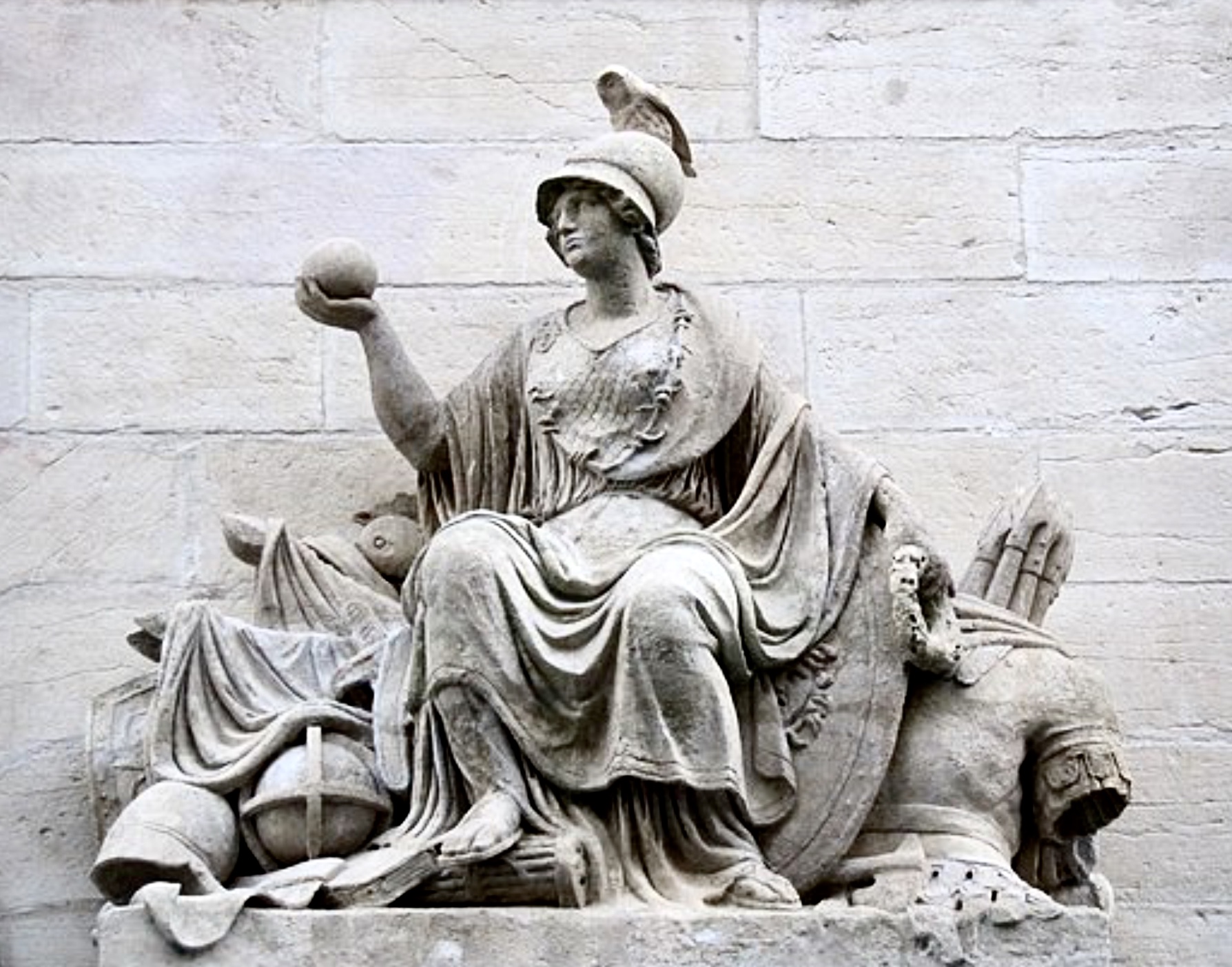
Before becoming a precious gift for humanity, the olive has been an object of victory and defeat. Greek mythology, in fact, narrates the quarrel between Poseidon and Athena for the possession of Attica, a piece of land in Greece. Obviously, we are not talking about just anybody: Athena was the goddess of agriculture, arts and crafts as well as of order, law and justice, whereas Poseidon reigned over the earthquakes, the water and the Mediterranean sea. Both decided to leave the decision to the citizens, who asked each of them to perform a miracle. Immediately, at Athena’s will, from the arid rock of the Acropolis an olive tree richly loaded with olives came forth; as for Poseidon, he split the cliff with a single, mighty stroke of his trident and a fountain spurted forth water which, however, was salty.
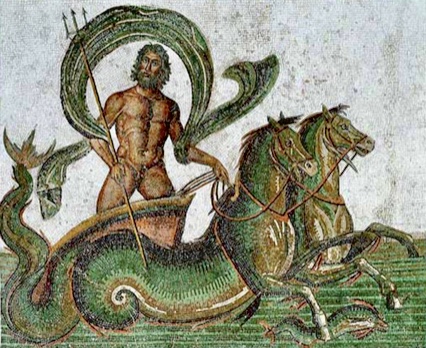
People appreciated both miracles and the discussion about who was to be considered the most admirable went on for quite a long time but in the end they decided that the victory was Athena’s. Poseidon’s fountain was considered extraordinary but useless since it was salty, whereas the olives meant food, medicine, skin care, combustible, lighting and a means of payment, in other words, a highly valued product to be used to the very last drop. Poseidon did not want to accept the verdict and made a last attempt to beat Athena by sending down to earth a magnificent, foaming, excited horse made of huge waves, a very impressive and spectacular act which, however, did not modify the citizens’ decision.
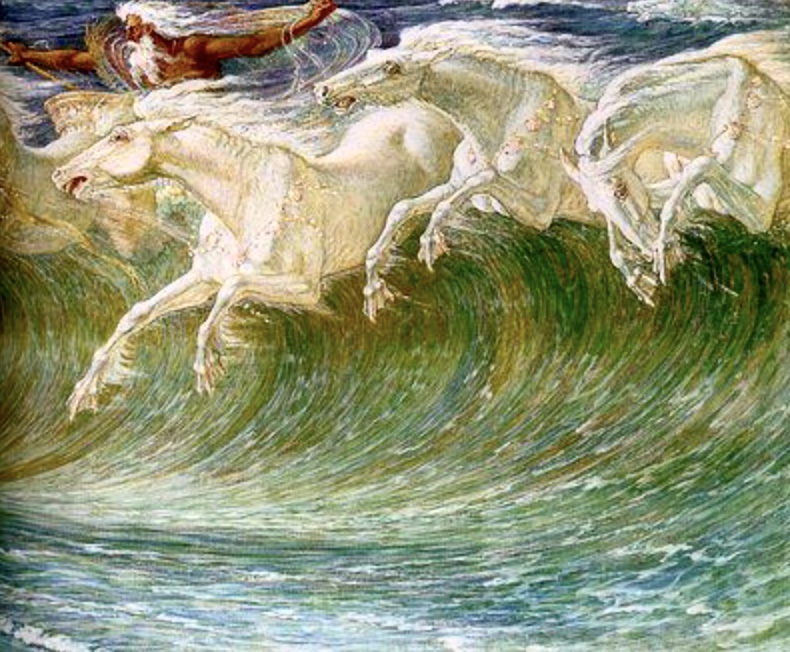
The brilliant, creative and intelligent goddess had indeed made mankind a unique and precious gift! But if some entirely agree with this opinion, there are others, like me for example, who are unable to fully appreciate it.
I certainly would not describe the story between olive oil and me as love at first sight. In fact, my first “contact” with it was in Tunisia, many years ago. It was used for frying fish, vegetables and who knows what else, during the barbecues organized by our tourist village. Maybe it was the cheerful and relaxing surroundings, the young people who came from all parts of the world or the heat and the peaceful atmosphere, but it seemed that along with our hunger we could also satisfy our need for adventure, to break rules and to escape at least for a little while and feel really free. Looking back, these are the only possible reasons for being so happy and why none of us raised any objection to the quality of the olive oil used for frying. I chose the word “contact” at the beginning of the paragraph with care because neither the word “taste” nor “smell” can describe what reached us and what brought me to cancel the words “olive oil” completely from my vocabulary.
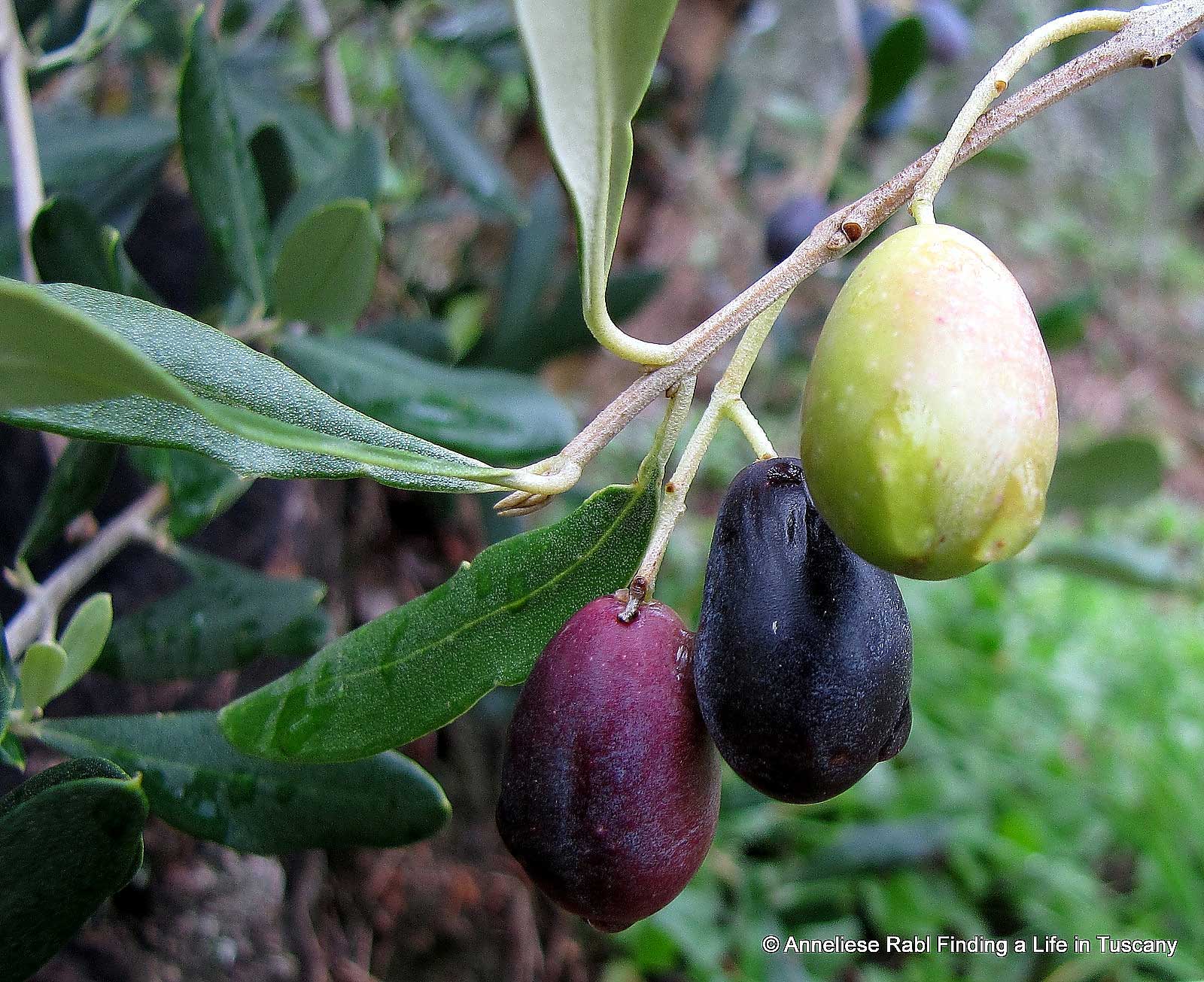
Ten years later, when I moved to Tuscany, I continued to refuse the terrible smelling olive oil and was firmly convinced that nothing, absolutely nothing could replace butter, this delicate, sweet-smelling condiment, an institution and one of the most important supports in my life – from the gastronomic point of view. I have had the privilege of enjoying it in all imaginable ways: dewy, made from fresh, non-pasteurised milk, from cream, snow-white, yellow-golden, salted, richly decorated, mixed with curd and flavoured with fresh aromatic herbs. To dress my salad I used sunflower oil, because its flavour is neutral and does not hide the taste of salads and vegetables. This idyll came to an end when I stopped smoking. I don’t know why, but from that moment on I started to eat olives, preferably brined, but also in oil or vinegar, although I still continued to make my salad dressing with sunflower oil.
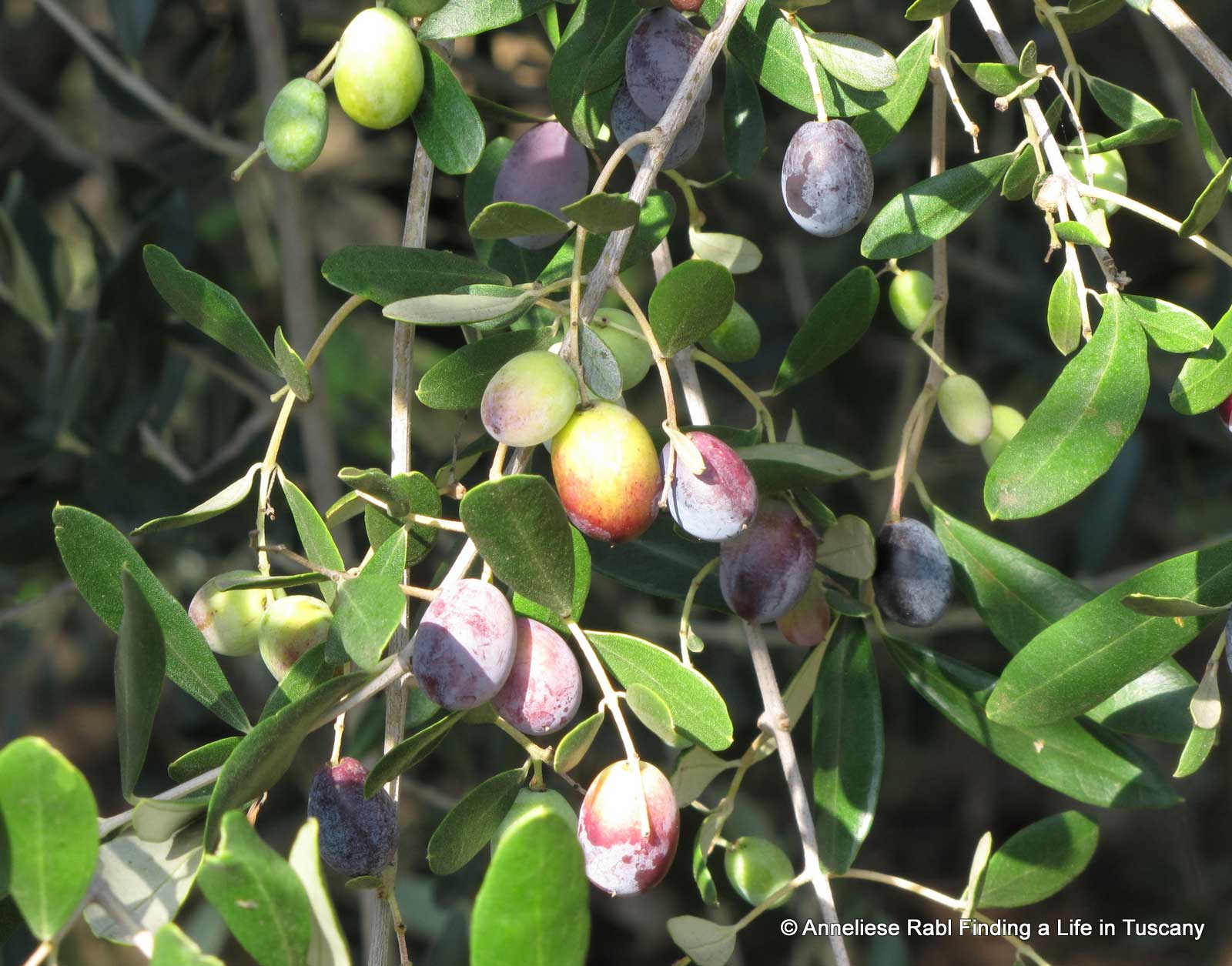
For days, months and years I passed dozens of olive trees every day without noticing them. Then, one day, the parents of a girl who went to school with my daughter proudly gave me a bottle of olive oil made exclusively with the olives from their own olive grove and harvested by them. I still remember that I gave it away, not to undervalue the gift but because I would not have appreciated it as it deserved. Two years later, I received the same gift from another friend: bright green, spicy, aromatic, cold pressed, extra virgin olive oil, from olives harvested by hand and processed the same day (!). The benefactor had lunch with us and because I did not want to be impolite, I dressed the salad with his olive oil. My daughter has always loved it and as I was getting tired of preparing our salads and boiled vegetables with two different kinds of oil I started to use only olive oil. In this way I slowly got used to it and some weeks later, when I happened to use sunflower oil I no longer liked it.
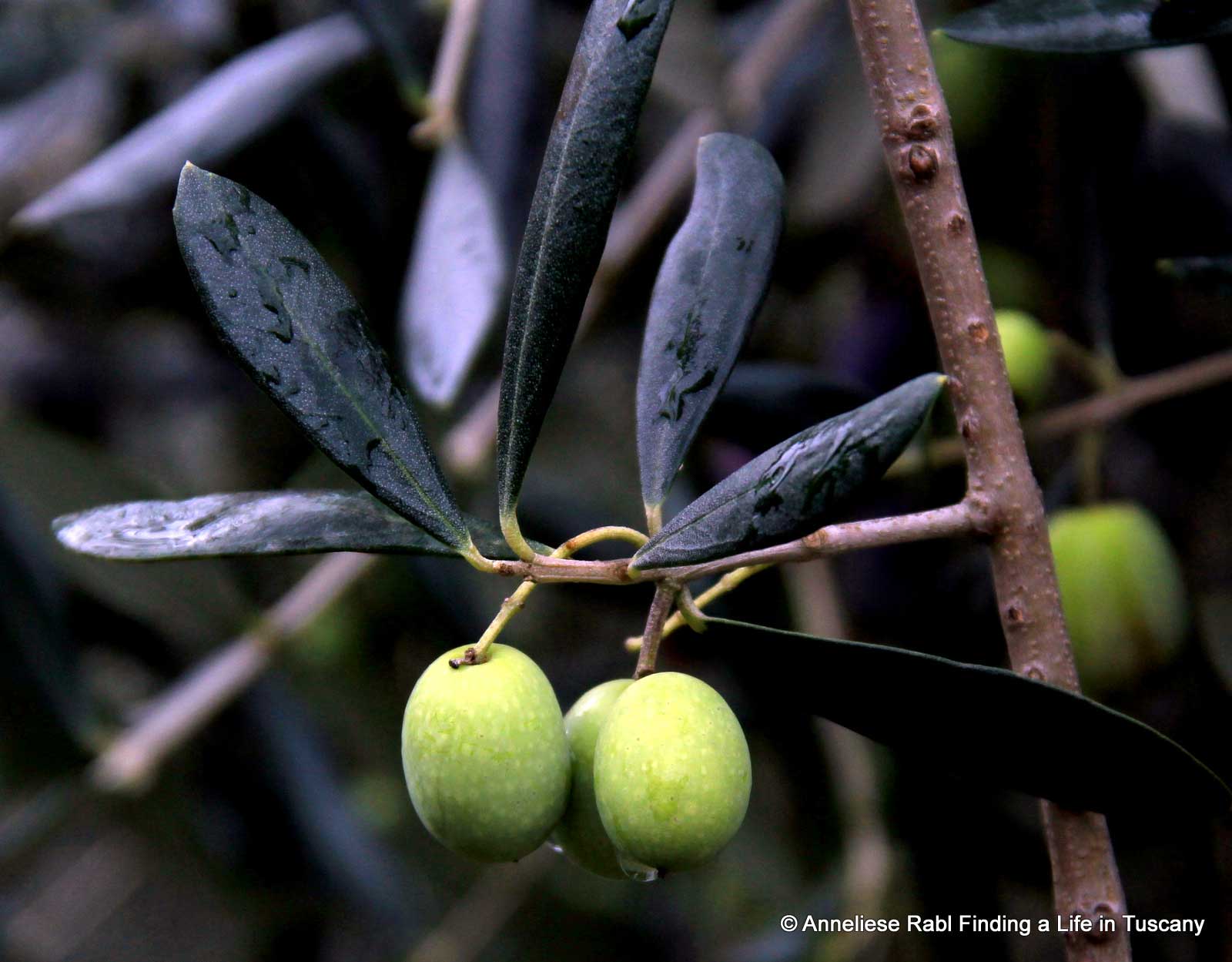
Then, one fine day, friends gave me the possibility of taking part in an olive harvest lasting eight Sundays and I certainly did not say no. For me, it was like diving into freezing water on a hot summer day: shocking, breathtaking, but after the initial impact refreshing and very enjoyable. The experience made my life richer – I was in fact supplied with a whole year’s stock of first class olive oil – and I got to know the world of the olive oil producers, who love their olives almost like their own children and defend and protect their oil in the same passionate, warlike, proud, stubborn and patriotic way they do with their favourite soccer team.
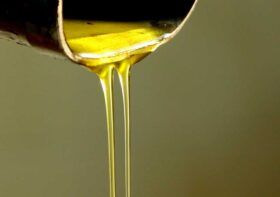
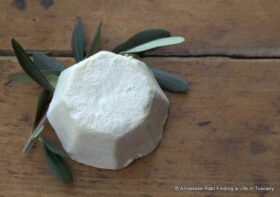
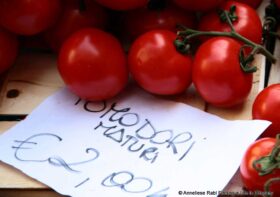
Leave a Reply